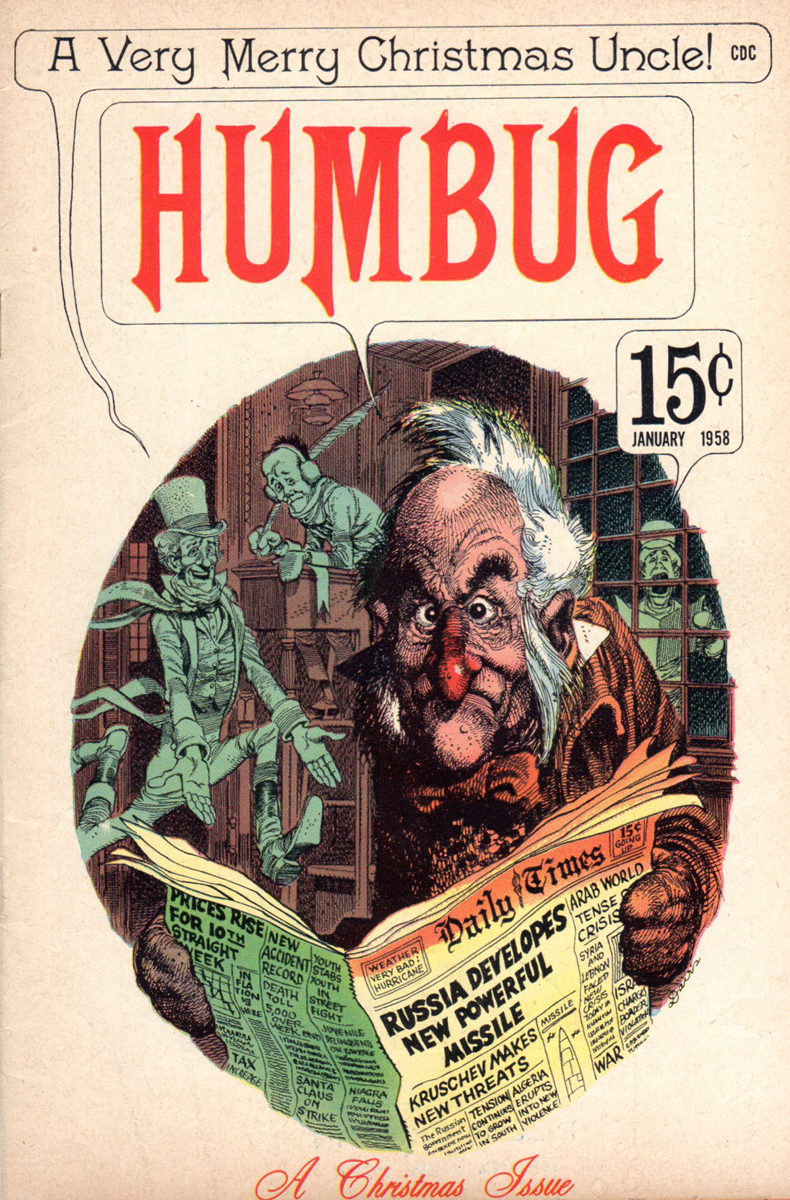Humbug
Introduction
Humbug was a short-lived satirical and comic magazine published in the United States in the late 1950s. The magazine was established by a group of influential comic book artists, who sought to put a new spin on the comic book format.
History
Humbug magazine was founded in 1957 by Harvey Kurtzman, who previously worked for Mad Magazine, along with a group of artists including Will Elder, Jack Davis, Al Jaffee, Arnold Roth, and others. The magazine was a response to the limitations and censorship of the comic book industry at the time, and sought to provide a new avenue for satire and commentary.
The first issue was published in August 1957, and it immediately gained a loyal fan base and critical acclaim. Humbug's style was distinct from other popular comic magazines of the time, such as Mad Magazine, with a more satirical and political bent.
Despite the initial success of the magazine, Humbug faced financial struggles and distribution difficulties. The magazine's final issue was published in the summer of 1958, after only eleven issues.
Content
Humbug's content was known for its biting satire and irreverent take on pop culture, politics, and the media. The magazine featured a mix of comic strips, articles, and illustrations, often employing a unique and experimental layout.
The magazine's aesthetic was heavily influenced by the artists who founded it, who had previously worked on various comic book projects. The magazine often included parodies of popular comic book characters and media figures, using humor as a vehicle for social commentary.
Legacy
Despite its relatively short lifespan, Humbug is remembered as an influential publication in the history of comic books and satirical media. The magazine's emphasis on political and social commentary was a departure from the more lighthearted tone of other popular comic magazines of the time.
Humbug's founders went on to have significant careers in the comic book industry, including work for publications like Mad Magazine and National Lampoon. The magazine also inspired later generations of satirical media, including The Daily Show, The Onion, and other contemporary publications.
Conclusion
Humbug magazine’s short-lived presence in the comic industry marked a pioneering effort to push the boundaries of artistic and editorial freedom, and laid the groundwork for the future of satire in the general media.{{Categories}}